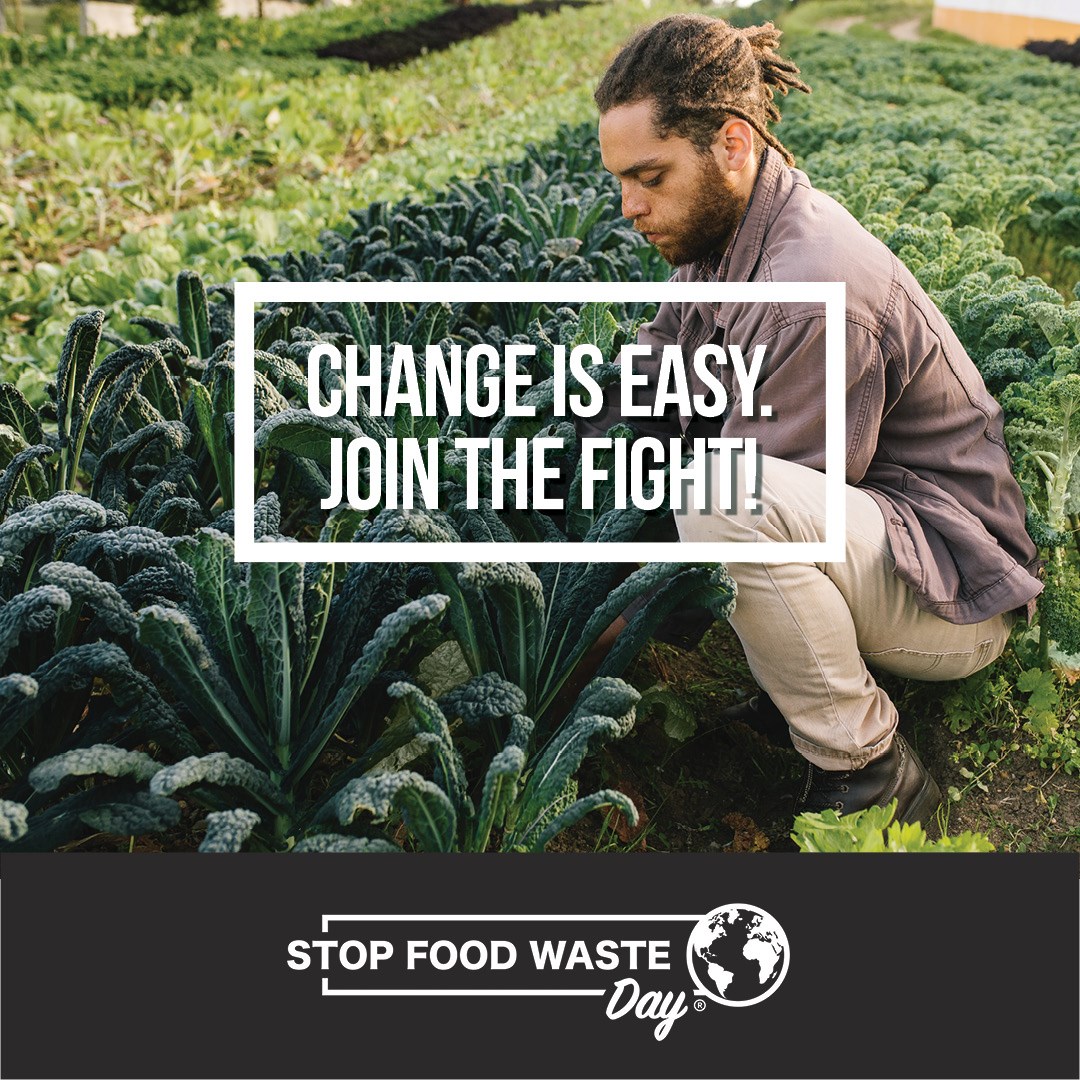


26 April 2023
Stop Food Waste Day on the 26th April 2023 is an annual, international day dedicated to raising awareness of food waste and encouraging steps to reduce it. As the largest food procurement business in the UK, we feel it’s our duty not only to act but also to encourage others around us to change behaviours and reduce the amount of food they waste.
We are constantly looking at ways to source food more sustainably and give surplus food a new purpose. An example is donating our surplus food to FareShare which in turn, transforms it into meals for vulnerable people. Through our partnership with FareShare, the UK’s biggest charity fighting food waste, we donated enough surplus food for an estimated 65,606 meals in 2022 alone. Learn more here.
Recycling can go way beyond typical packaging materials. Take it a step further and give ingredients that otherwise be wasted a second chance through upcycling! Upcycled foods are products created to avoid food waste by using surplus food or food that otherwise would be wasted.
Upcycled food can offer an innovative new way to reduce food waste and betters the planet – and anyone can do it. Here are some ways you can upcycle food in your kitchen:
It is estimated that only 43% of each fish and shellfish caught in the UK is eaten by humans1.
Usually wasted, scraps can be minced into croquettes and bones and offal are valuable for stocks. Small species such as anchovies and sardines that can be eaten whole provide a very efficient, low-waste option.
Unwanted fruit and vegetables are the most wasted category of food, accounting for 46% of all food waste.2
Ask yourself, does this ingredient absolutely need to be peeled or cut into identically shaped pieces which will leave the ends wasted? When trimmings are unavoidable, can these be repurposed into stocks, garnishes or menu items in their own right? For example, roast apple or potato peels or coleslaw made from chopped cauliflower or broccoli stalks.
Typically, we only use between 60-75% of a carcass by weight.3
Bones and offal can be used for stocks and sauces and less common cuts such as tongue and cheek can be introduced to customers alongside more popular cuts, for instance, serving some pork terrine alongside a pork loin to boost flavour. Where possible, purchasing whole carcasses also results in significant cost savings.
Compass Group published a digital food waste cookbook featuring recipes from Compass Group chefs across the world which gives a second life to ingredients that most commonly go to waste in home kitchens. Visit www.stopfoodwasteday.com for more tips and resources to reduce the amount of food waste that goes to landfills.
